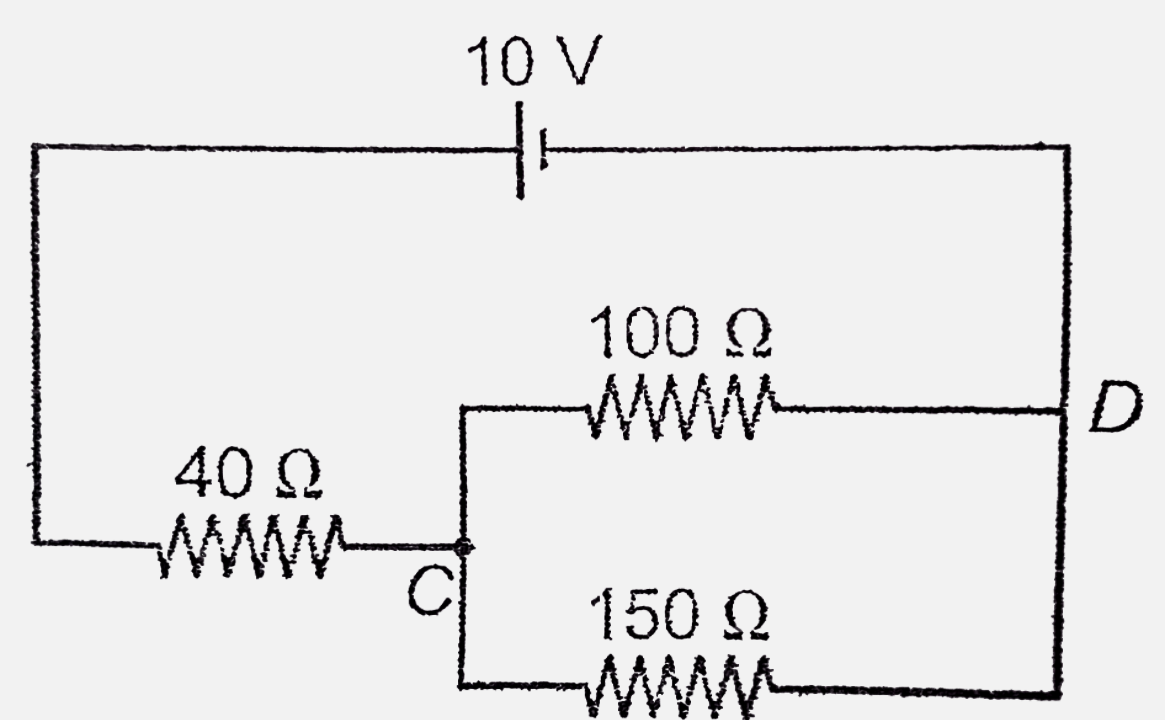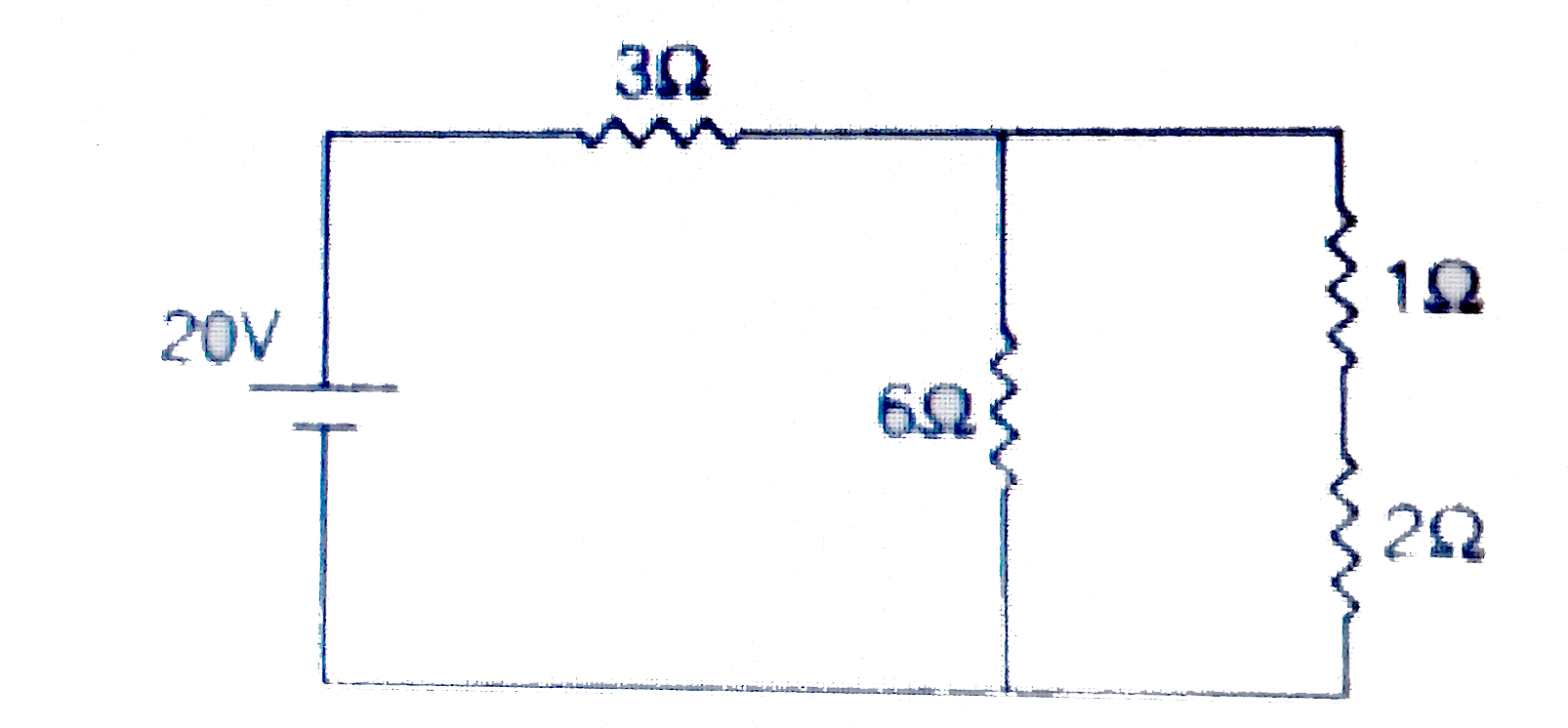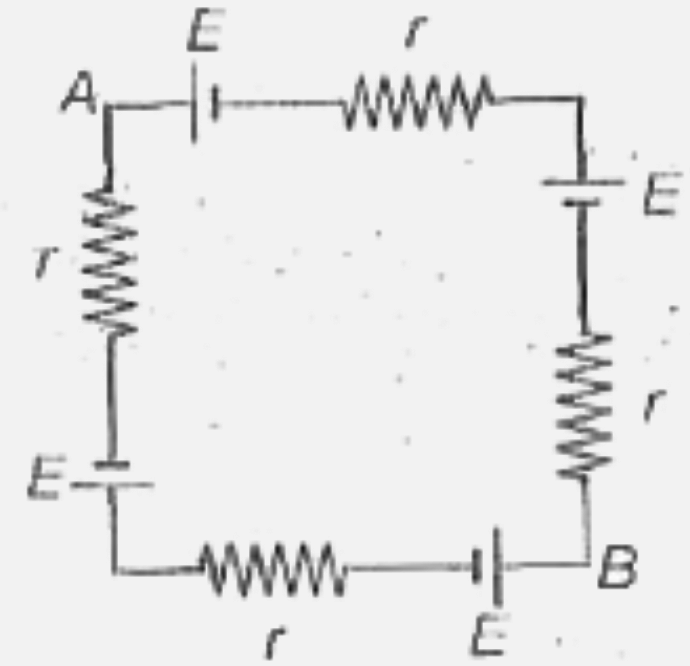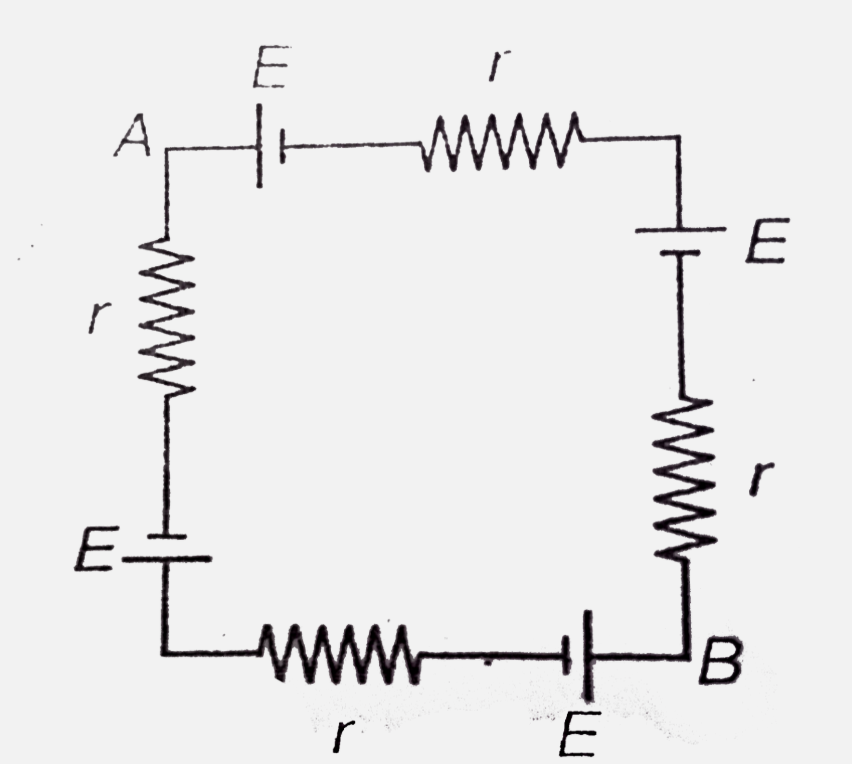Electrons in a conductor have no motion in the absence of a potential difference across it. Is this statement true or false?
False: The electrons in a conductor are free and have thermal
velocities. Thus, electrons will be in motion even in the absence
of potential difference.
Topper's Solved these Questions
- MISCELLANEOUS VOLUME 3Book:CENGAGE PHYSICS ENGLISHChapter:MISCELLANEOUS VOLUME 3Exercise:Integer Answer Type
Explore 11 Videos
- MAGNETIC FIELD AND MAGNETIC FORCESBook:CENGAGE PHYSICS ENGLISHChapter:MAGNETIC FIELD AND MAGNETIC FORCESExercise:Multiple Correct Answer type
Explore 2 Videos
- MISCELLANEOUS VOLUME 5Book:CENGAGE PHYSICS ENGLISHChapter:MISCELLANEOUS VOLUME 5Exercise:Integer
Explore 12 Videos
Similar Questions
Determine True or False. Electrons in a conductor have no motion in the absence of a potential difference across it.
View SolutionDetermine True or False. Electrons in a conductor have no motion in the absence of a potential difference across it.
View SolutionFind the potential difference across C2.

View SolutionAssertion : Inside a conductor, electrons have no motion in the absence of some potential difference across it.
Reason : In the absence of potential difference no electrostatic force will act on the electrons inside the conductor.
View SolutionIn the network shown below , potential difference across CD is

View SolutionIn the circuit shown in figure potential difference across

View SolutionPotential difference across AB in the network shown is

View SolutionPotential difference across AB in the network shown is

View SolutionPotential difference across AB in the networ shown is

View SolutionProjectile motion is a 3-dimensional motion. Is this statement true or false ?
View Solution
